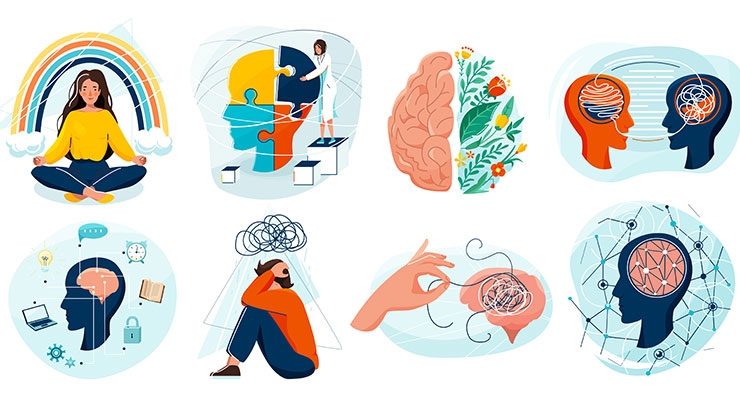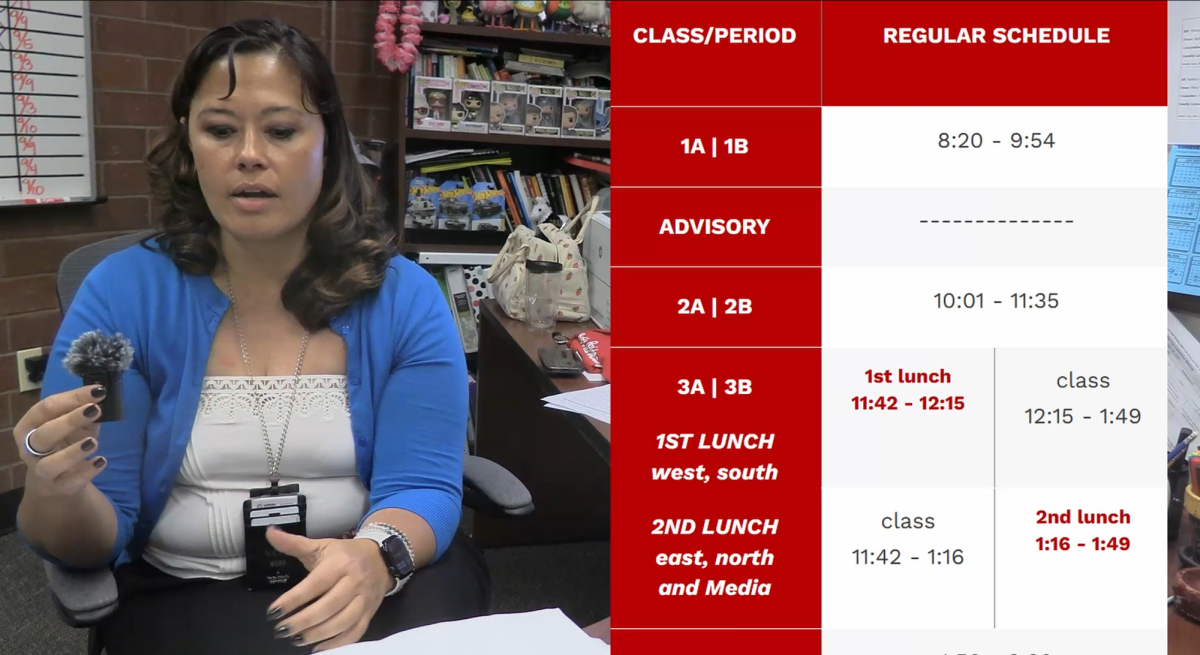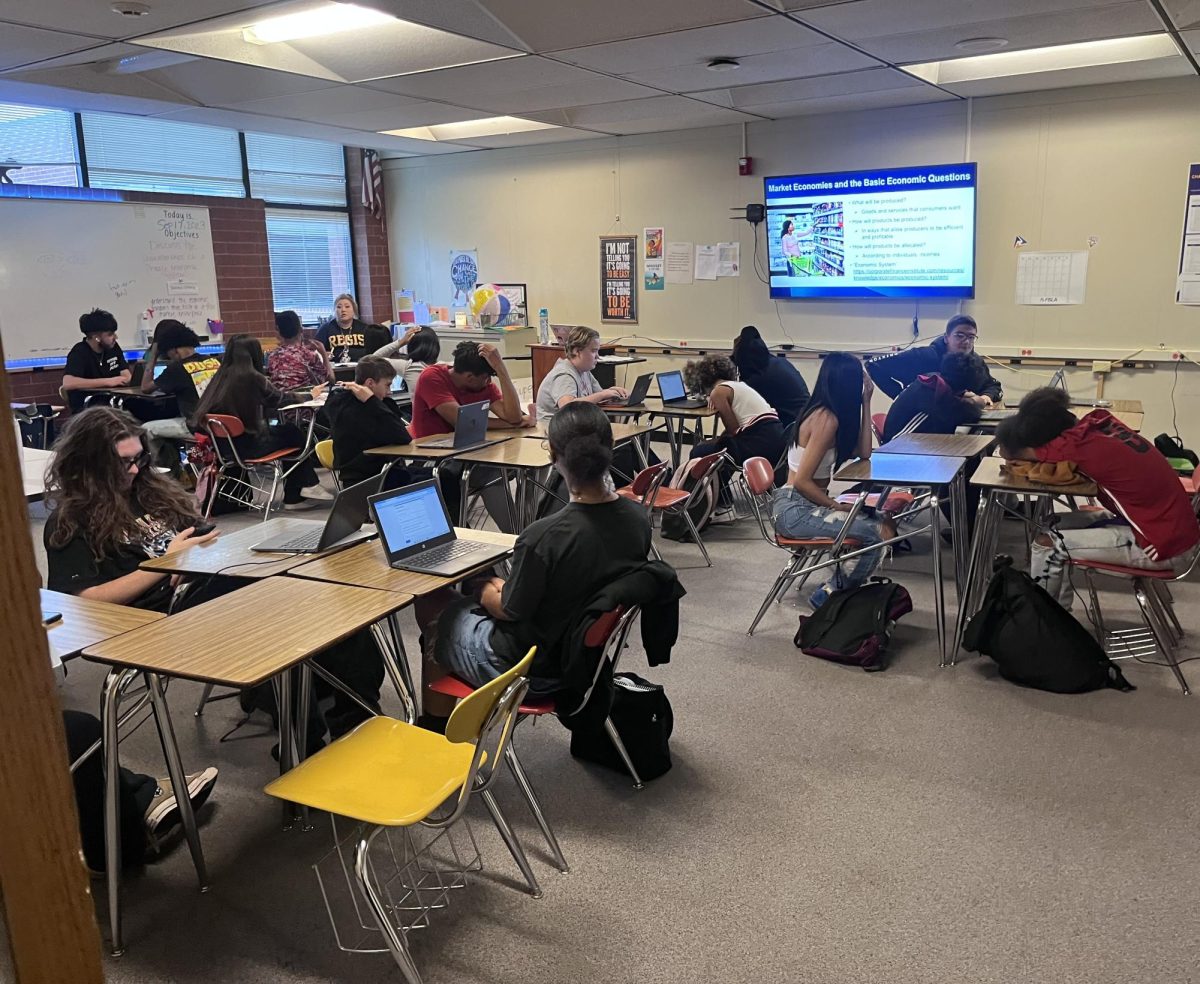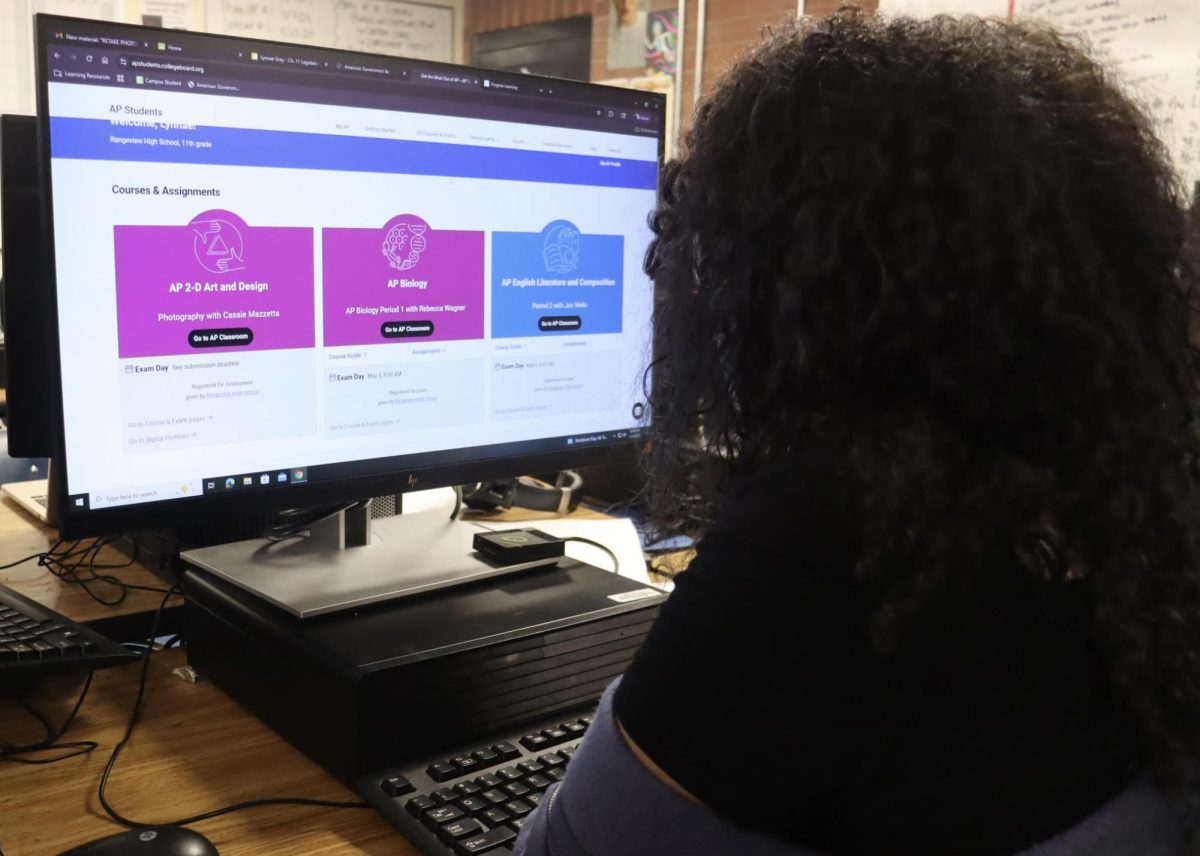Mental health is a pressing issue in our generation, not because it has necessarily increased, but because we are now more open and aware of it, making it seem more ordinary. Many are now surrounded by a majority of negative influences at school, workplace, or their own homes. Those negative influences, which some call their “friends”, have introduced them to wrongful doings like smoking, drinking, skipping school, or simply just going down a bad path which has created such obstructive lives for them.
Peer pressure is undoubtedly a big factor in this issue. Ann Atencio, a counselor at Rangeview High School, explained, “It’s not necessarily pressure from someone else but it’s more of self-pressure, that feeling of being left out or not being accepted overcomes the individual.” Access to a variety of drugs is now in easy reach. adolescents have access to items like vapes, e-cigarettes, weed pens, or any other substance so easily. According to Atencio, 30% of teens vape, saying, “It hasn’t increased but the problem has severed.”
She began by explaining what a co-occurring disorder is and why it plays a major role in individuals who suffer from both mental issues and addictions. A co-occurring disorder refers to the simultaneous presence of two or more conditions in a person, such as mental health disorders that occur simultaneously in a person such as mental health disorders and substance use disorders occurring together. It is more likely that someone with a mental disorder is more likely to consume drugs, alcohol, or smoke than someone who is healthy and mentally stable. According to the National Institute of Mental Health, studies found that people with a mental disorder, such as anxiety, depression, or PTSD, may use drugs or alcohol as a form of self-medication. Those who experience anxiety, depression, emotional stress, or even pain may use drugs to feel better or “escape reality”.
Atencio also discussed the three main factors that can contribute to mental health struggles. One of these is genetics, including a family history of conditions like depression, anxiety, etc. – factors that are beyond a person’s control. Another factor is situational, like when the individual goes through a traumatic event causing PTSD. The third factor is self-care, meaning that some individuals don’t define what’s good or bad for their physical or mental health. They decide to do something bad like hanging around the wrong people or being on social media all the time, which “makes them feel good”. In general, it’s just hurting them. Atencio then stated why teens would smoke or consume drugs/alcohol. Firstly, they use it as a coping mechanism, a way to feel better, to escape their feelings. Then, curiosity, or in other words just wanting to try it out and see how it feels. Lastly, the idea of fitting in with friends or those around you. They ask themselves, everyone’s doing it so why don’t I?
So do these factors interfere with each other? In some cases yes.. For many the lack of access to mental health care or specialized support leads them to seek out ways to cope, often turning to substances often turning to substances or behaviors that provide temporary relief. This is why it is many people’s first step to consume anything that might make them feel better,or numb. Not everything can be blamed on an individual as many can’t control or are not in the right mind to know what’s right from wrong; it affects their actions and later the consequences they receive in the future due to this. It’s not possible to truly know if mental health is a factor in the increase of drug/smoking abuse; it’s popular but doesn’t add up as one.
As a community, we should strive to help and bring even more awareness to the situation. Above all parents should be understanding and aware to their children that they are always there to listen, have open communication, don’t shut them down, and most importantly listen to their children so they can fully trust them. But remember to be a parent, not a friend. Help children get involved in positive activities in school or outside of school. Being involved in a child’s life is so important and brings such positivity to a parent-child bond.
Rangeview High School has taken this into account and includes many resources that can help those who are struggling with mental health issues and/or addictions. They have an open-door policy where you can talk to any adult at any time with full confidence. A grief and loss group has also been formed for those who need to talk during a hard time and chat with those who might be experiencing the same. The Mental Health Advocacy club also includes many workshops that can help destress and have a good time with others. Rangeview has partnered with Aurora Mental Health and IMatter Colorado where you can have six free sessions and access to mental health help!












